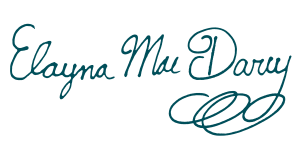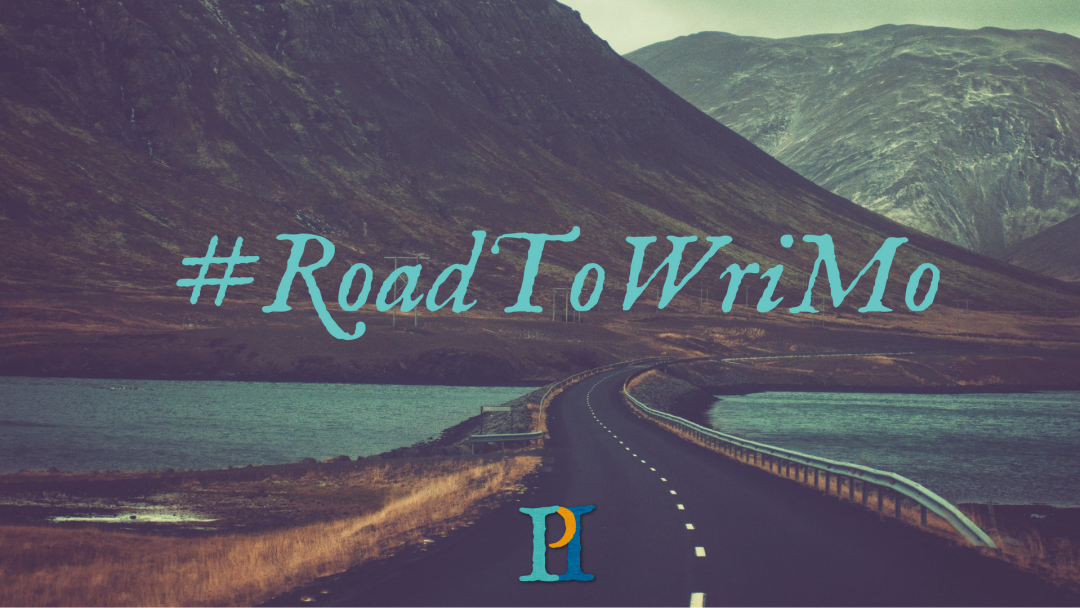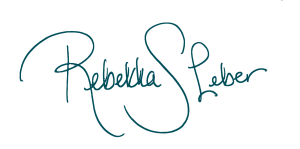A pep talk for first time NaNoWriMo writers
One of the scariest sensations to a human being is that of the unknown. Will I get that job I interviewed for? Will I ever find love? Will they renew my favorite show next season despite low ratings? (We sure hope so!) Not knowing how something will turn out keeps many of us from doing the things we want to do, because somehow to our minds, not doing the thing at all is easier than the notion of trying the thing and “failing” at the thing.
NaNoWriMo is here to shut that argument right up, and remind you that you got this.
This #RoadToWriMo pep talk is here for those of you who have never tried NaNoWriMo. It’s for those who have waited in the wings of the internet during the month of November, watching everyone else try and write their novels, while you go, HA! That’s crazy! Who would attempt such madness?! (All while silently telling yourself you want in on the madness.) I’m here to tell you that you can do it, and the only thing you have to do is decide. You have to take the leap, even if you can’t see where you’ll fall. From my experience with NaNo, the place you land always ends up being way cooler than where you jumped from. Because here is the real point of NaNoWriMo. Lean in close for this one…It’s not about writing 50,000 words in 30 days. It’s about trying.
It’s about flinging every inhibition you have ever had into the wind to try something that quite frankly should be impossible, but isn’t. It’s about telling a story–your story. It’s for those of you who feel adventures whispering inside of you aching to be free. NaNoWriMo is about letting go, taking a risk, and seeing what magic can come of it. Sometimes that means 5,000 words, sometimes it means 20,000, and sometimes it means going the whole 50K. The point is that you tried, and you ended the month with more words than you had when you started.
So many writers tell themselves that they just don’t have what it takes. But take a moment to imagine where we’d be if Jo Rowling hadn’t taken a chance? How boring would our lives be without Angie Thomas or Ray Bradbury? Madeleine L’Engle or John Green? All of these people were individuals who were bigger on the inside, with something to say about the world and the unique way they saw/see it. People just like you. The only thing separating you is that you’ve yet to take the first step. I’m here to tell you take it. Seize the opportunity to tell your story like you’ve never seized anything before. Carpe the heck out of this damn diem. BEGIN. YOUR. BOOK.
I’ve done NaNoWriMo thirteen times, and I’ll be honest in saying it never gets less daunting, and there will always be times when you doubt yourself and think you can’t finish. But the reason I’ve stuck with NaNo, and why so many people do too, is because of the community. When you hit that I can’t do this anymore moment, there are others doing the same thing along side you to remind you that every word counts. There are strangers from every corner of the world fighting the same battle as you. NaNoWriMo takes away the solitary nature of writing, and gives you an environment full of comrades so you never feel alone. It will be one of the most rewarding things you can ever do.
So, potential future WriMo, I hope to see you this November. I hope that no matter your Hogwarts house, you muster up enough Gryffindor courage to take on this challenge. Your friends here at IndiePen Ink, and the many WriMos around the world, will be there for you if that courage ever fails.
See you out there on the road, new WriMos. Let’s boldly go.
Carry on my wayward writers,












